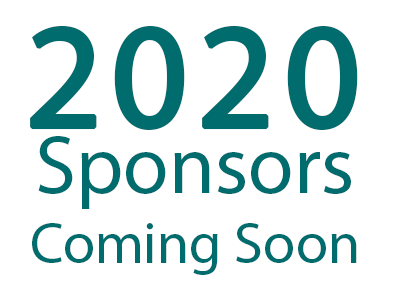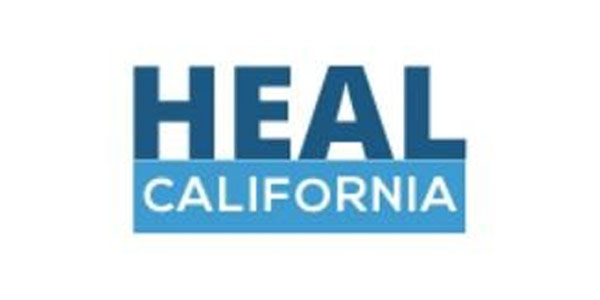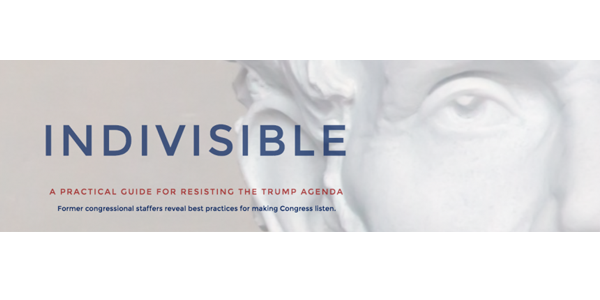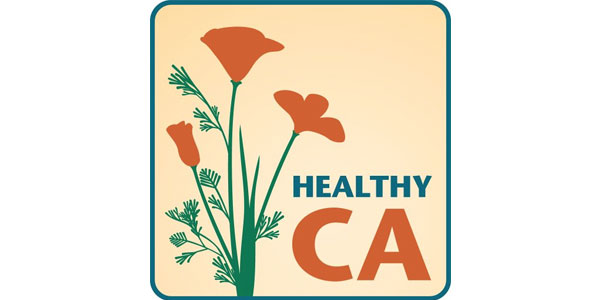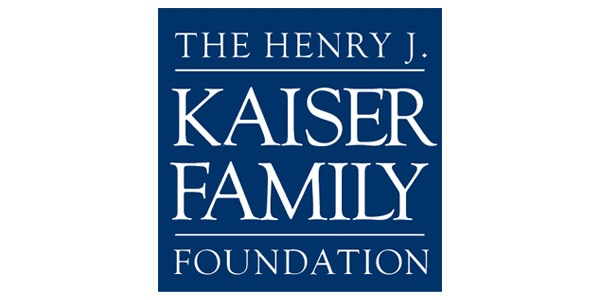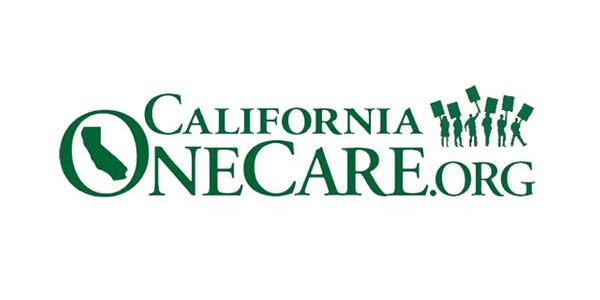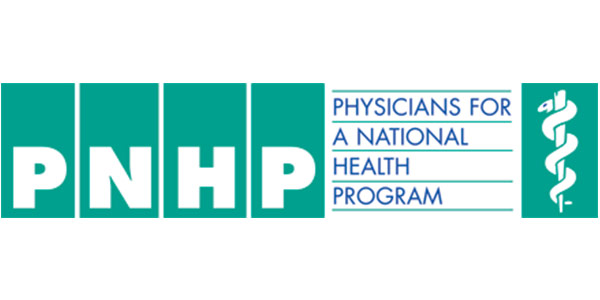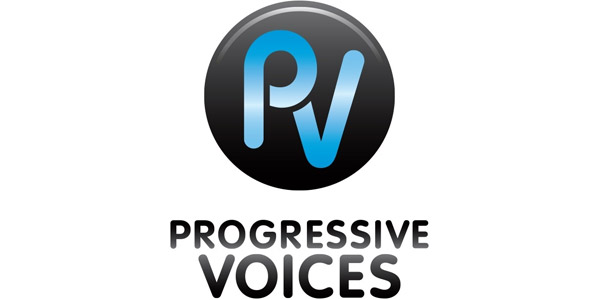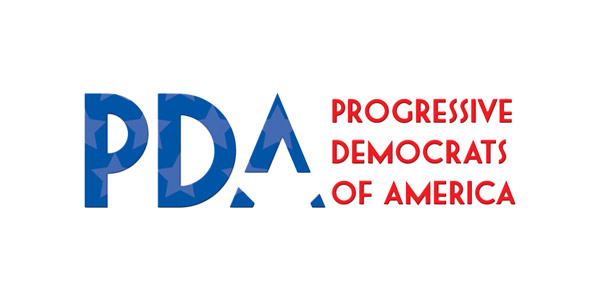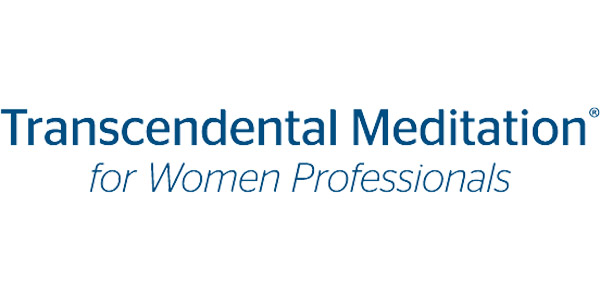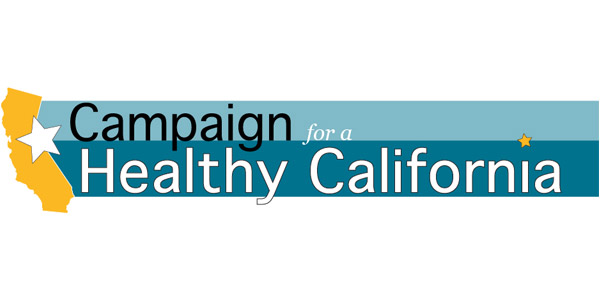Wendell PotterSupport for Obamacare Will Go Up Soon; Here’s Why
The latest polls on Obamacare are bleak. A Kaiser Family Foundation survey found that almost half of those questioned last week had an unfavorable opinion of the law. Just a third had a favorable opinion, even less than the 40 percent support for the law in the Nov. 14 Gallup poll.
But those poll numbers will change as more people like Bob Freukes of St. Louis and Donna Smith of Denver are finally able to shop for coverage on the new health insurance websites — and find coverage that is surprisingly affordable.
Considering all the negative stories about the malfunctioning HealthCare.gov website and policy cancellations folks have been receiving, the steep decline in support for Obamacare shouldn’t surprise anyone.
But in the very week that poll numbers reached an all-time low, people who had tried for more than a month to enroll online in a health plan were finally able to do so.
Just minutes after the administration’s tech surge team said 90 percent of applicants were now able to enroll online, I started getting emails from people eager to share their success stories.
“My wife and I are both self-employed small sole proprietors,” wrote Freukes, a photographer. “This will be the first time in our married lives we will have health insurance.”
Freukes said that over the course of the past year, he and his wife — married 30 years and are now in their fifties — rarely went to the doctor because of the expense.
“We paid for doctor visits, prescriptions, eye glasses and everything else out of [our] own pockets, always knowing we were one major illness away from bankruptcy.
“We tried to find an affordable policy, but the going rate for my wife and me was roughly $900-$1,400 dollars a month with deductibles in the $5,000 range.” Considering that their combined annual income is often no more than $25,000, health insurance was out of the question.
Not only will they finally have coverage starting January 1, it will cost the Freukes less than they had expected because of the federal tax credits available to low- and middle-income individuals who buy coverage on the state exchanges. In fact, with the tax credits, the Freukes will not have to pay monthly premiums at all.
“I sat rubbing my eyes in amazement as the website did the math. Our portion of the premium for both plans was ZERO. No cost to us at all. I was stunned.”
Donna Smith wasn’t that fortunate, but she at long last will be able to get a comprehensive policy that she can afford.
Like Bob Freukes, it took Smith weeks of effort before she was finally able to enroll in a plan. Her delay, though, was caused by a different, though no less frustrating quirk in the system. Colorado is one of 13 states and the District of Columbia operating their own exchanges, which generally have experienced fewer problems than the federal website, where residents of most states have been sent. Several thousand people were able to begin the application process in Colorado but they had to wait — and wait and wait — while state officials checked to see if the applicants were eligible for Medicaid.
Smith knew her income was too high to qualify for Medicaid, but she nevertheless had to fill out an extensive questionnaire and was put in what she described as a “bureaucratic black hole” for 37 days. It was an agonizing wait for Smith, a cancer survivor who — along with husband Larry — had to file for bankruptcy several years ago because of medical debt. If her name sounds familiar, by the way, it might be because you’ve seen her in the movies. When she wrote filmmaker Michael Moore about her plight, he included her in the 2007 documentary, SiCKO. Since then she has been an active supporter of health care reform.
After she finally got the Medicaid denial she was expecting, Smith called Connect for Health Colorado — the name of the state exchange — and worked with an employee to complete her application.
“If people can get through the Medicaid process, I think they’ll be pleasantly surprised,” said Smith, who has been paying $875 a month for an individual policy. Beginning next year, she will be covered in a better plan, but it will cost her only $450 a month after factoring in a $72 federal tax credit.
As happy as she was to discover she will soon have affordable coverage — and that it can’t be canceled if her cancer returns, thanks to Obamacare — she still believes a single-payer, Medicare-for-all type system would be better.
She has a point. The Affordable Care Act is far from perfect. But in the coming months and years, millions of us who have been unable to find affordable coverage will at long last be insured. Poll numbers will eventually reflect that.

